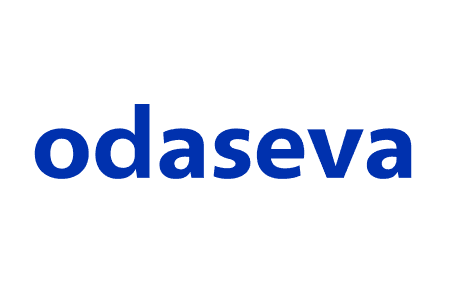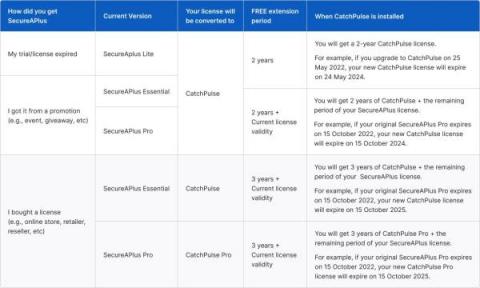The Importance of Penetration Testing for Your Business
Did you know that a third of all businesses will experience a cyber-attack this year? And that's just the ones that are reported! The fact is, if you're not doing penetration testing on your business, you're at risk. In this blog post, we'll break down what penetration testing is and why it's so important for businesses. We'll also discuss the risks of not having security testing done, and how it can impact your bottom line.











